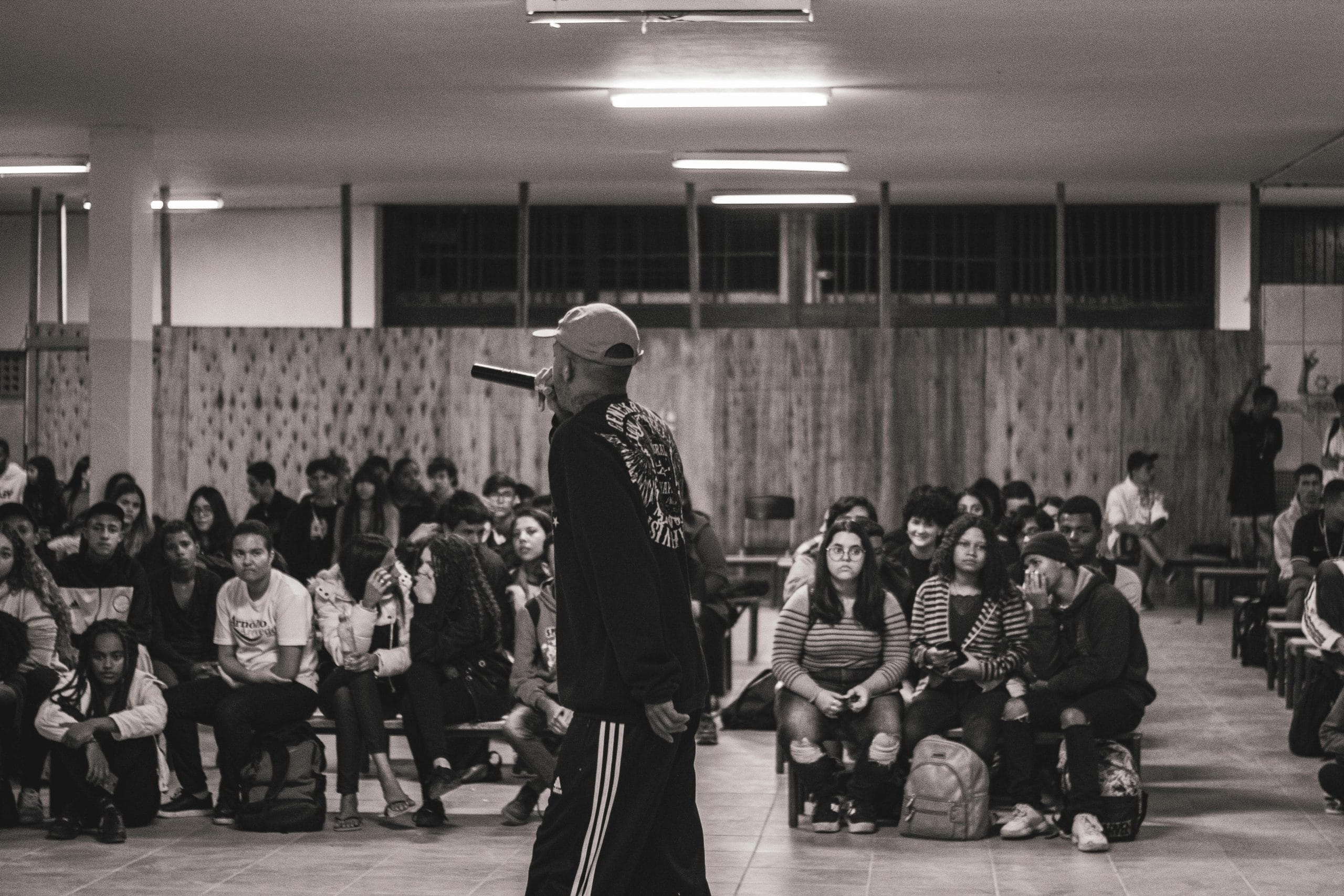The Safe Storytelling Toolkit is a comprehensive resource designed to guide the creation and sharing of narratives centered around mental wellbeing, emphasizing the power of storytelling in combating societal stigma. By fostering understanding and empathy, this toolkit encourages responsible storytelling that accurately represents mental health struggles without perpetuating harmful stereotypes. It provides guidelines on audience considerations, tone selection, thematic significance, research accuracy, positive representation, common errors to avoid, peer review feedback, content warnings, and post-story support resources, ensuring that stories are impactful and supportive without causing harm.
Highlights include:
- Introduction
- Stories have the power to impact storytellers and audiences positively or negatively.
- Take time to process emotions before sharing to enhance the storytelling experience.
- Navigating Audience Dynamics
- Consider audience needs, sensitivities, and demographics when crafting a narrative.
- Tailor storytelling approach to connect deeply with the audience.
- Crafting Meaningful Themes
- Reflect on the message you want to convey about mental health.
- Focus on essential themes to ensure clarity and resonance.
- Craft narratives that inspire empathy, encourage positive change, and promote understanding.
- Identity and Representation
- Consider how mental health has impacted your identity positively and negatively.
- Share only what you’re ready to and give context when needed.
- Represent marginalized groups accurately and avoid stereotypes.
- Research and Misinformation
- Fact-check information related to mental health to ensure accuracy.
- Consult multiple sources and cite them to strengthen claims.
- Avoid perpetuating harmful stereotypes and misinformation.
- Content Warning and Support
- Provide content warnings for potentially triggering topics in your story.
- Give the audience a chance to opt out if they find the content harmful.
- Offer resources and support systems for both storytellers and audiences.
Your story has power, and using this toolkit can help bring your narrative to life while making a positive impact on mental wellness and reducing stigma. Establish healthy boundaries, trust, and support when facilitating storytelling with others. This toolkit emphasizes the importance of thoughtful storytelling, accurate representation, and providing support for both storytellers and audiences in navigating sensitive topics related to mental health.
Download a copy of our Safe Storytelling Toolkit: Click here!
Want to get involved in Safe Storytelling? Click here!






